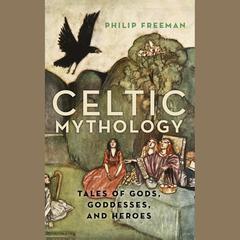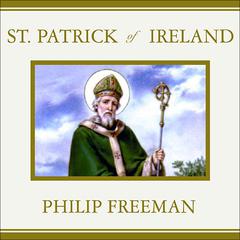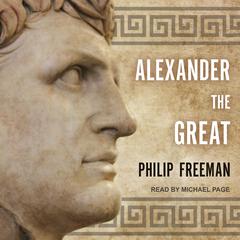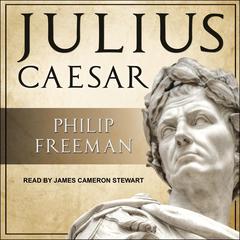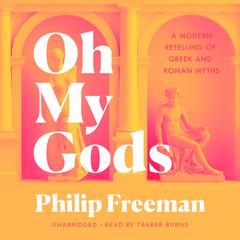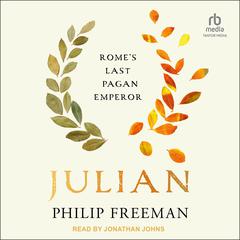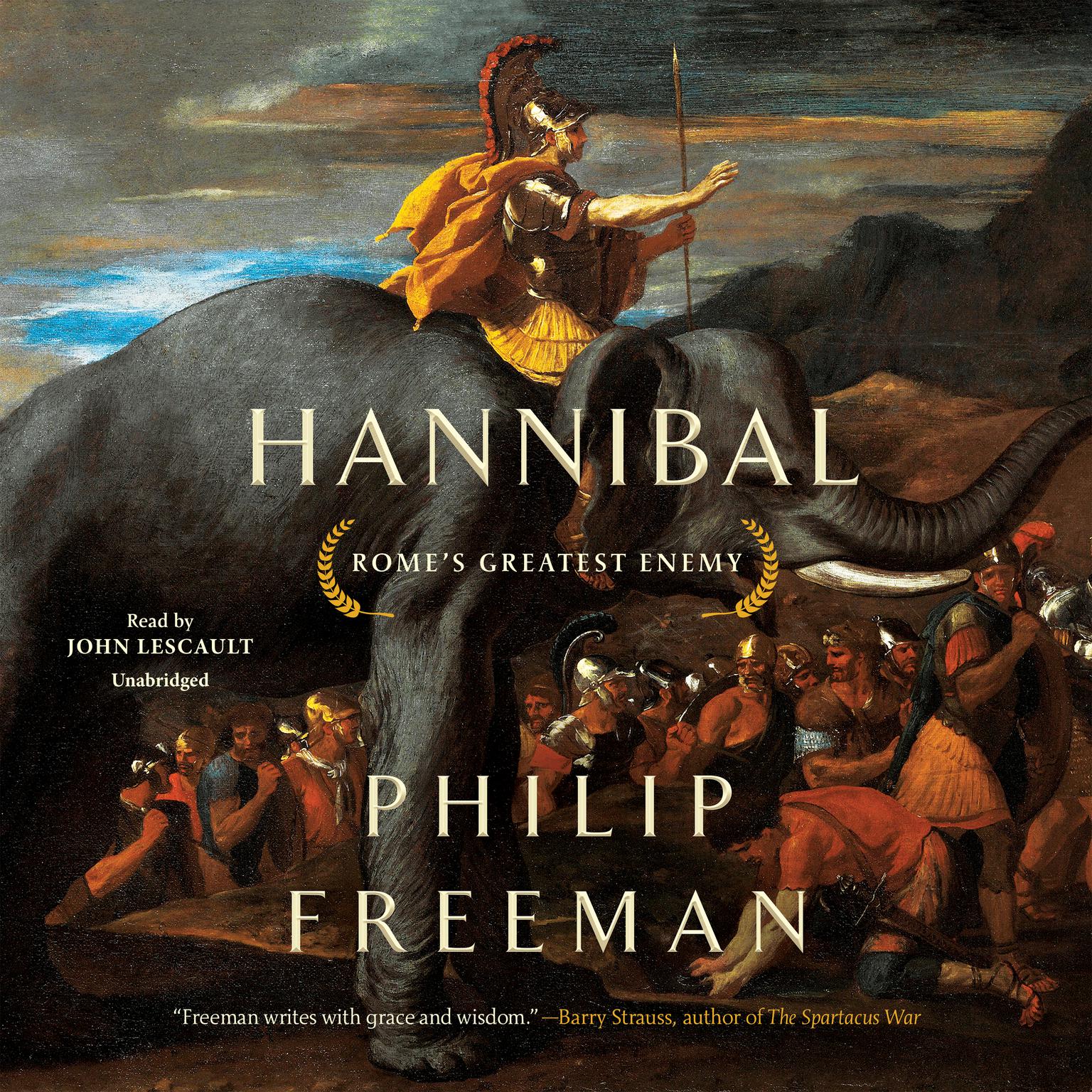 Play Audiobook Sample
Play Audiobook Sample
Hannibal: Rome’s Greatest Enemy Audiobook
 Play Audiobook Sample
Play Audiobook Sample
Quick Stats About this Audiobook
Total Audiobook Chapters:
Longest Chapter Length:
Shortest Chapter Length:
Average Chapter Length:
Audiobooks by this Author:
Publisher Description
Telling the story of a man who stood against the overwhelming power of the mighty Roman empire, Hannibal is the biography of a man who, against all odds, dared to change the course of history.
Over two thousand years ago one of the greatest military leaders in history almost destroyed Rome. Hannibal, a daring African general from the city of Carthage, led an army of warriors and battle elephants over the snowy Alps to invade the very heart of Rome's growing empire. But what kind of person would dare to face the most relentless imperial power of the ancient world? How could Hannibal, consistently outnumbered and always deep in enemy territory, win battle after battle until he held the very fate of Rome within his grasp?
Hannibal appeals to many as the ultimate underdog—a Carthaginian David against the Goliath of Rome—but it wasn't just his genius on the battlefield that set him apart. As a boy and then a man, his self-discipline and determination were legendary. As a military leader, like Alexander the Great before him and Julius Caesar after, he understood the hearts of men and had an uncanny ability to read the unseen weaknesses of his enemy. As a commander in war, Hannibal has few equals in history and has long been held as a model of strategic and tactical genius. But Hannibal was much more than just a great general. He was a practiced statesman, a skilled diplomat, and a man deeply devoted to his family and country.
Roman historians—on whom we rely for almost all our information on Hannibal—portray him as a cruel barbarian, but how does the story change if we look at Hannibal from the Carthaginian point of view? Can we search beneath the accounts of Roman writers who were eager to portray Hannibal as a monster and find a more human figure? Can we use the life of Hannibal to look at the Romans themselves in an unfamiliar way—not as the noble and benign defenders of civilization, but as ruthless conquerors motivated by greed and conquest?
Download and start listening now!
“The story is propelled by narrator John Lescault’s clear articulation and pacing, which…allows listeners to absorb Hannibal’s character—his amazing tenacity, courage, and unyielding loyalty to his country…Lescault delivers this exciting story with style.”
— AudioFile
Quotes
-
“Freeman gives his readers much to consider in learning about a totally alien world in an easy, uncomplicated lively prose.”
— New York Journal of Books -
“Freeman vividly, almost cinematically, brings to life the career of Hannibal Barca…A simultaneously propulsive and nuanced account that hums on the page.”
— Kirkus Reviews (starred review) -
“Freeman’s panoramic biography…brings the horrors of ancient warfare to life…[and] reveals that, despite his vow of enmity [to Rome], Hannibal, unlike the Romans, was unafraid to show mercy and kindness.”
— Foreword -
“Highly readable…vividly revealing more amazing scenarios in Hannibal’s life and battles than any writer could concoct in a novel.”
— Booklist
Awards
-
A History Book Club Pick Main Selection
Hannibal Listener Reviews
Be the first to write a review about this audiobook!
About Philip Freeman
Philip Freeman has published over twenty books, ranging from biographies of Alexander the Great, Julius Caesar, and Saint Patrick to translations of Cicero and Aristotle. His books have been translated into fifteen languages around the world. He earned his PhD at Harvard University and has taught at Boston University, Washington University, and Luther College. He holds the Fletcher Jones Chair in Humanities at Pepperdine University in Malibu, California. He has been a visiting fellow at the American Academy in Rome, the Center for Hellenic Studies in Washington, DC, and the Institute for Advanced Study in Princeton.
About the Narrators
John Lescault, a native of Massachusetts, is a graduate of the Catholic University of America. He lives in Washington, DC, where he works in theater.
John Lescault, a native of Massachusetts, is a graduate of the Catholic University of America. He lives in Washington, DC, where he works in theater.




